Posted on 10/31/2025
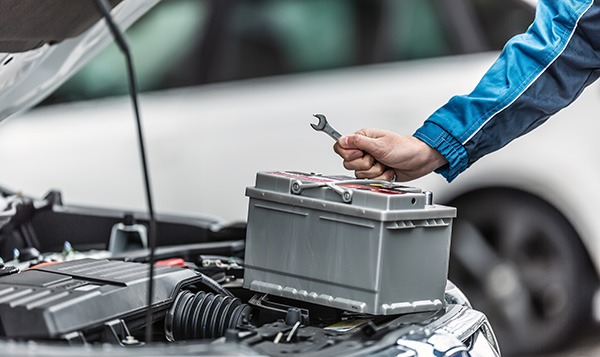
Cold mornings have a way of revealing a car’s true condition. You might turn the key or press the start button and hear a slow, tired crank, or worse, nothing at all. It’s easy to blame the battery, but there’s often more happening beneath the surface. Cold weather drains battery strength and tests your entire charging system. If either one isn’t performing as it should, your car may struggle to start when temperatures drop. Here’s what’s really going on and what you can do to keep your vehicle reliable all winter long. Why Batteries Struggle More in the Cold When temperatures fall, the chemical reactions inside your battery slow down. That means it produces less power for the starter and ignition system. At the same time, cold oil thickens, and the engine takes more effort to turn over. These two factors together make winter th ... read more
Posted on 10/17/2025
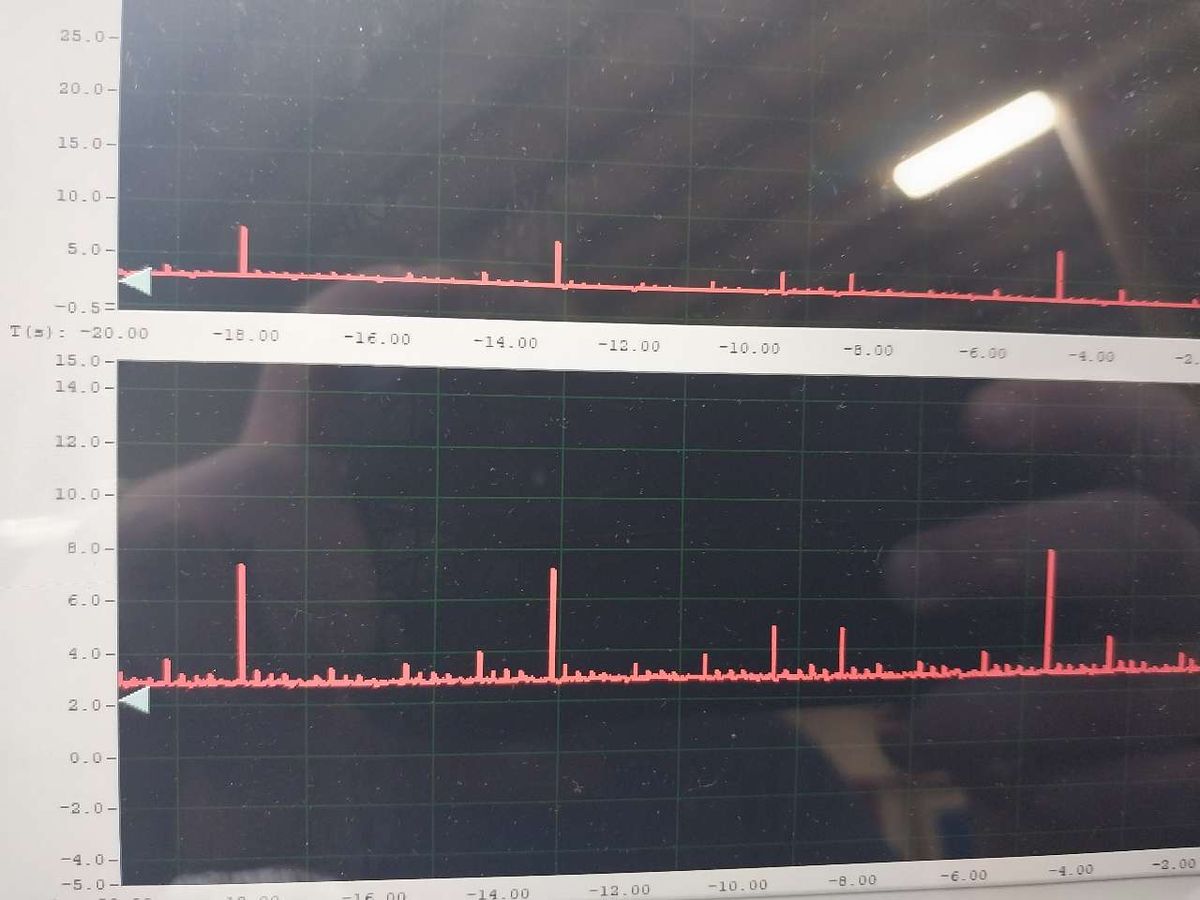
Why Does My Battery Die When Not Driven? We have had customers come in complaining of a dead battery. Upon questioning we find that sometimes the customer does admit that it has been 2 to even 4 weeks or more since they last drove. Even worse are the cars that only drive once a month or less. On the downside this is normal behavior for modern cars with all the electronics and convenience features they have. On the upside there are things that you can do to help with this issue. Why a Battery Dies While the Car Is Parked Even when your car is off, systems like the security alarm, infotainment memory, and emission monitors stay active. These things and how they operate varies by car make model and options package. Most cars have some amount of energy use off which is also called parasitic draws. Most vehicles start out when they are first turned off with a relatively high draw. But as the systems power down and finish doing all the tests and other things they do it tapers down to a lo ... read more
Posted on 10/14/2025
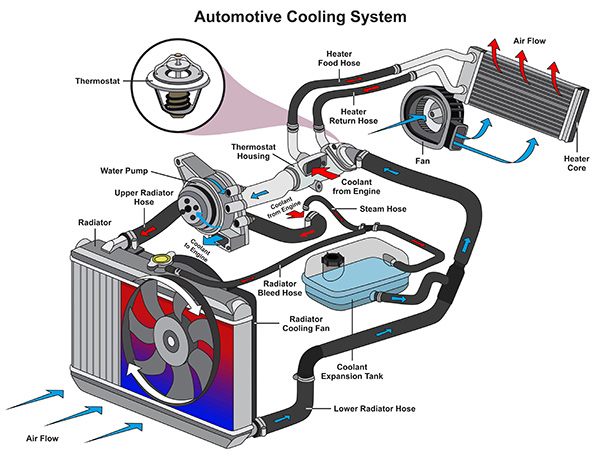
Heater Core Repair in Concord, NH – Keep Your Car Warm This Winter Winter here in Concord, NH, can be brutal, and the last thing you want on a frosty morning is a windshield that will not defrost. If you have ever wondered how the car gets your cabin nice and toasty? It’s a device called the heater core, a small radiator tucked behind your dashboard. Even most hybrids and EV vehicles have one, although some newer ones use other devices we will not cover here. Your engine uses a coolant in the cooling system to take away waste heat generated while running. As the coolant warms up it is circulated through the heater core. A fan then blows air over this hot mini-radiator, warming the air that flows into your cabin to keep you cozy. In this post, we’ll talk about why your heater core is so important. Also how to spot trouble, and what our team at Accomplished Auto can do to keep you warm and safe on the roads in Concord and the surrounding towns. What Is a Heater Core a ... read more
Posted on 10/9/2025
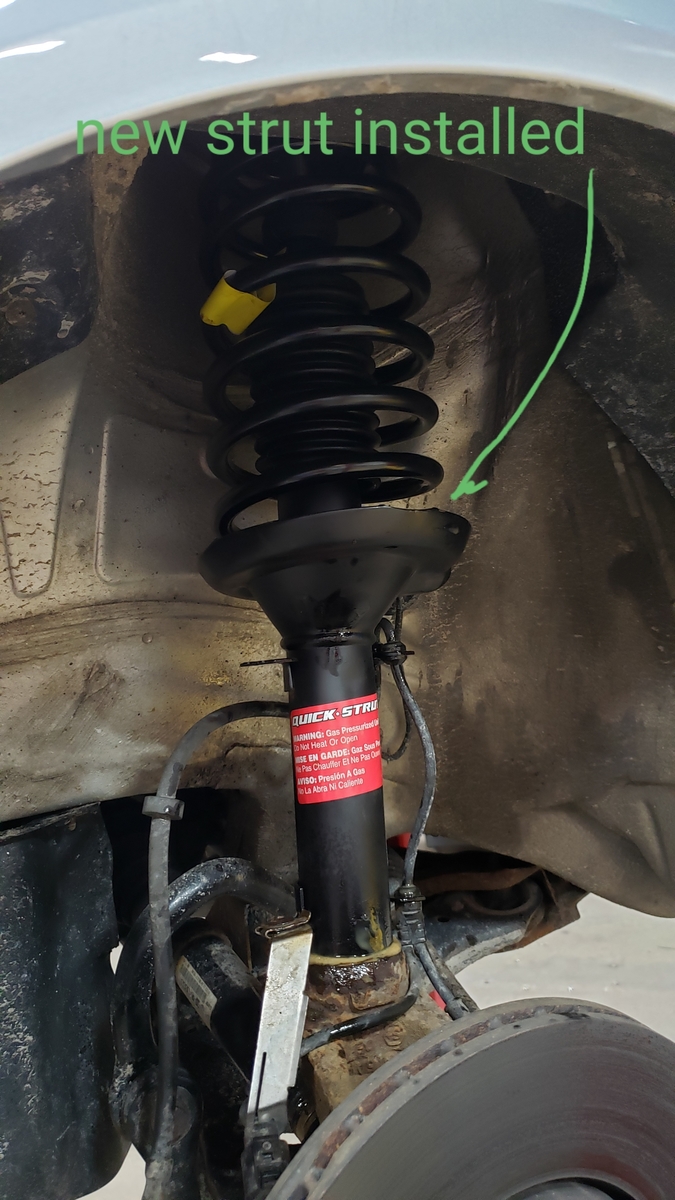
Shocks and struts an often-overlooked wear item. Updated: October 2025 Most people in New Hampshire keep an eye on the state of their tires and brakes. Driving here especially in the winter, with worn tires, is always a recipe for disaster. However, another critical aspect deserving attention is the condition of shocks and struts. Unlike the visible signs of tire wear, skidding on slippery roads. Or the squealing noise and poor stopping from worn brakes. Shocks and struts deteriorate gradually over time. Designed to absorb the impact of New Hampshires rough roads and potholes repeatedly over their lifespan. The internal mechanisms like valves and seals that manage fluid flow start to wear and leak internally or externally. This causes poor handling and rough ride. The Impact of Worn Shocks and Struts While the effects of deteriorating shocks and struts may not be immediately obvious. They can significantly impact both the comfort and safety of your vehicle: • Stopping distanc ... read more
Posted on 10/6/2025
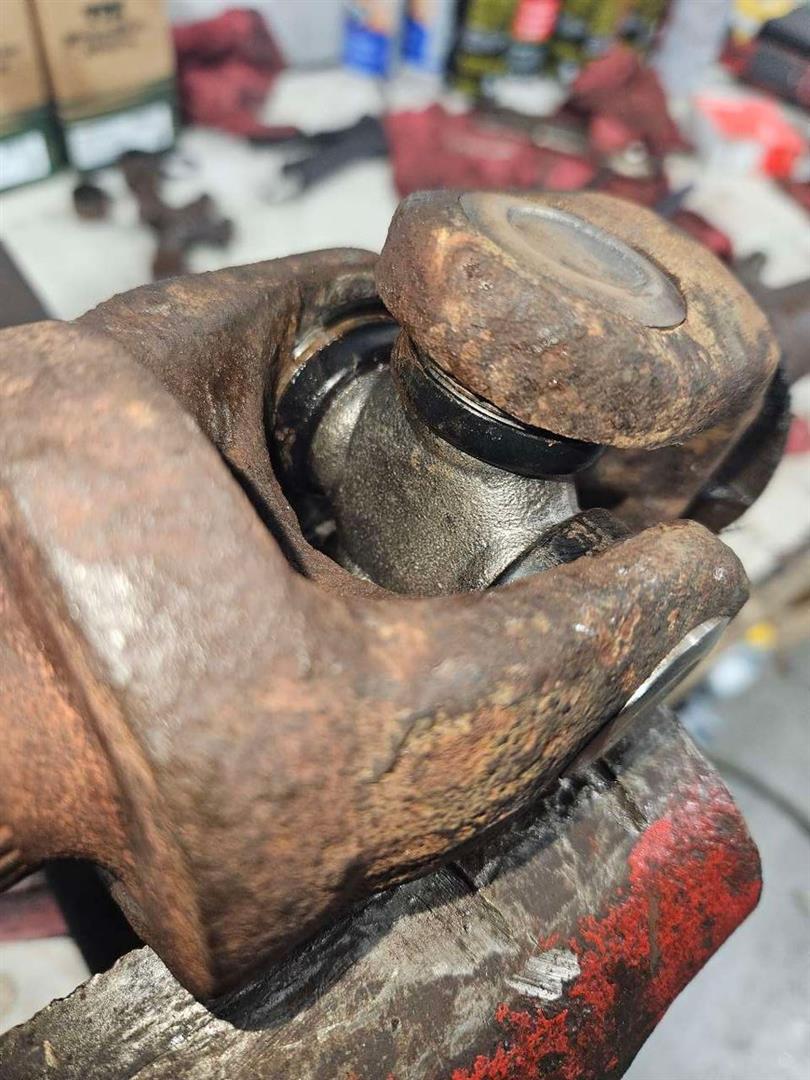
Preventing a “Missing Driveshaft” Mishap: Why Regular Inspections Matter in New England Picture this: you’re driving up a steep hill in your trusty old truck when you hear a horrible clatter – like a tin can bouncing down the road. You glance in the mirror and your heart sinks: your drive shaft is tumbling away behind you! It sounds unbelievable, but this actually happened to a driver named Doug. Fortunately, his 4x4’s front wheels could still pull the truck in four-wheel drive, allowing him to limp to a mechanic. But it could have been much worse. So, what went wrong – and what could have prevented this roadside nightmare? The Culprit: A Tiny U-Joint with Big Consequences It turns out the universal joint (U-joint) connecting Doug’s drive shaft to the axle was badly worn. This small cross-shaped part might seem insignificant, but it’s critical – it flexes as the suspension moves, allowing power to transfer through the drive shaft ... read more